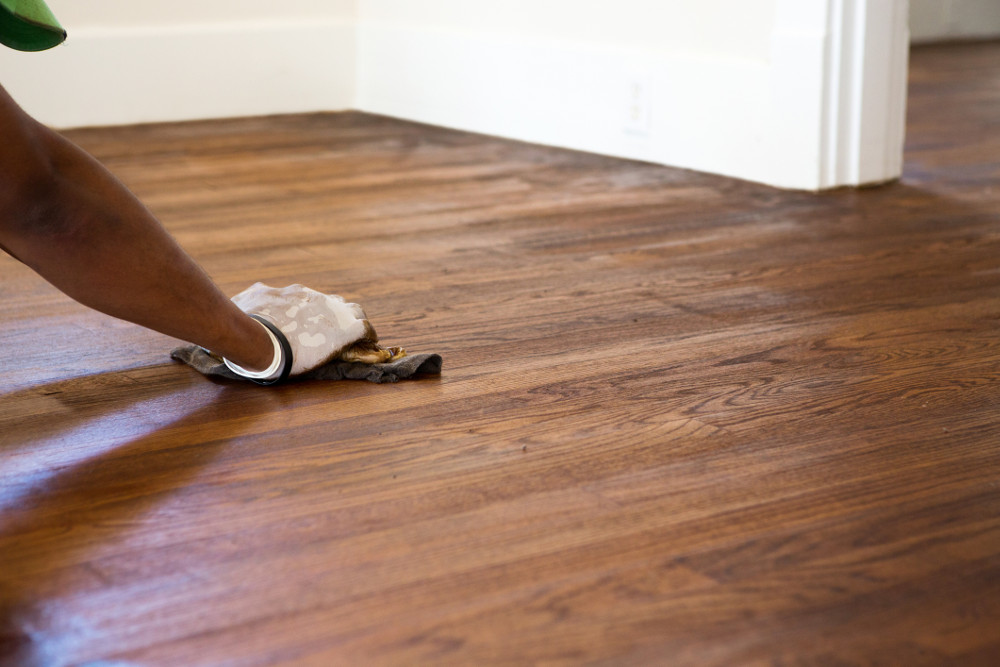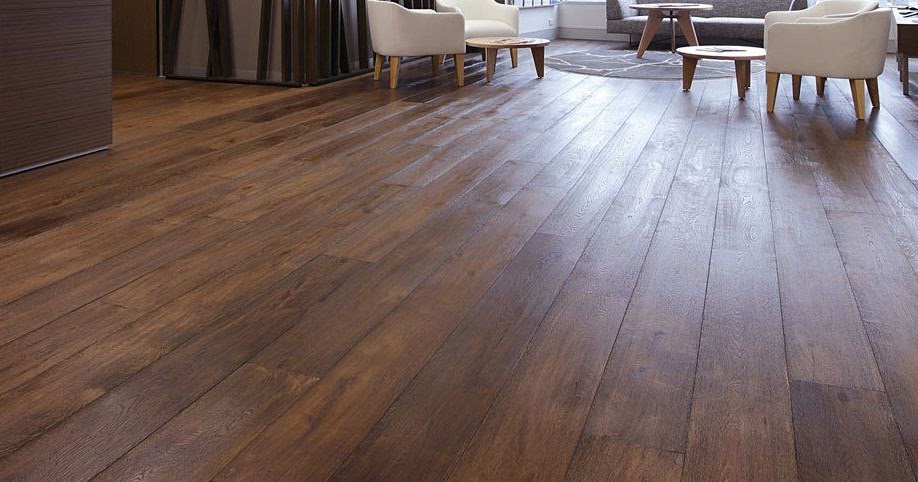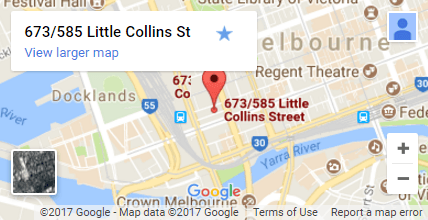Many houses have hardwood floors, but knowing how to care for them is critical to ensure that they survive for decades. The first thing that comes to your mind is Floor sanding Geelong and polishing; well, this is great but not enough.
Understanding how wood floors change from season to season is one of the most important aspects, along with getting the Floor sanding & polishing Melbourne. When it’s chilly outside, does wood expand or contract? When would the wood soak in moisture? And so on.
Here is how the indoor weather can induce damage to your exceptional timber floor.
Lack/Too Much Of Ventilation
Insufficient ventilation combined with heating can result in high humidity, whereas too much ventilation combined with low humidity might result in a too dry environment. Indoor humidity sources such stovetop cooking, washing machines, dryers, and showers should be aired at all times. Because newer homes are built to retain heat and are tightly sealed, they are generally more humid. Older houses are better ventilated because they typically have draughts or cracks that enable fresh air to enter.
Humidity
As the seasons change from hot to cold, the humidity level fluctuates. If you are concerned about the humidity level in your home, you can use a Thermo hygrometer to measure the humidity level. This tool will assist you in measuring the temperature, moisture saturation and calculating the humidity level in the air in order to keep the room at the proper humidity level.
When a timber floor is exposed to excessive cold or heat, the wood becomes weak and stressed. This can result in the floor cracking or cupping.

Cold Weather
When the outdoor temperature drops below freezing, our heating systems spring into high gear. Most of the moisture naturally present in the indoor air evaporates unless your home is equipped with a whole-house humidifier.
As the air dries out, the hardwood absorbs moisture, causing the planks to shrink and possibly crack. When you combine this with naturally drier outside air, extended durations of below-freezing temperatures also result in less moisture in the air; you’ve got a problem.
Hot Weather
Increased Humidity levels during certain seasons are common can affect hardwood flooring. Because there is more moisture in the air in humid conditions, swelling and expansion occur. While your air conditioner may reduce the moisture level to a more bearable level, other factors work against it, raising relative humidity levels.
During the hot summer months, leaks, inadequately constructed ventilation, shorter air conditioner running hours, and even indoor cooking add humidity to the already heavy air.
Sudden Temperature Change
When homeowners get home to a very cold house in the winter, they immediately turn up the heat to warm the house as quickly as possible. Extreme temperature changes should be avoided at all costs because they might cause shrinkage and cracking.
Keep your house warm all the time by leaving the heating on while you’re gone (be careful not to overheat), or switch off heating systems while you’re gone and gradually increase the temperature when you return.
Along with making sure of it all, Floor sanding & polishing Melbourne would enable you to get the shine and aesthetics back.


